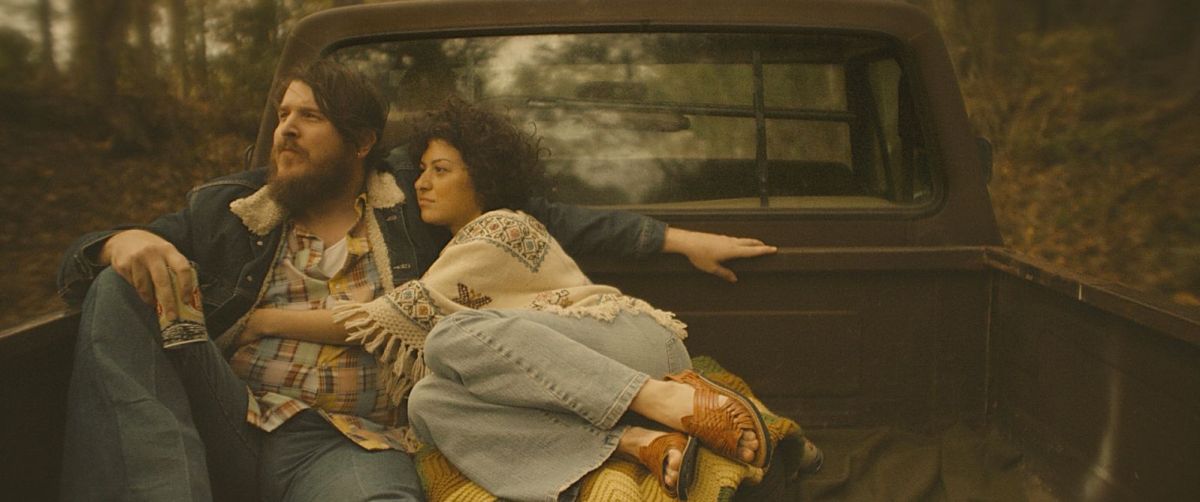“He’s a poet, an’ he’s a picker, he’s a prophet, an’ he’s a pusher
He’s a pilgrim and a preacher, and a problem when he’s stoned”
~ Kris Kristofferson
One of the first things you notice when in conversation with filmmaker-actor-writer Ethan Hawke is how considerate he is. Whether it be a question about his current film at Sundance, “BLAZE” in this case, or an allusion to a common thread that just popped up out of nowhere, he carefully considers whatever is on the table prior to responding.
It is then that, like film directors are wont to do, he goes visual on you and begins blocking the shot or scene. Although it’s a telephone interview with The Park Record, the sense is of him leaning forward in his chair. Before you know it, you’re in Hawke’s living room where Ethan is casually hanging out with longtime friend Ben Dickey.
There is a third aura in the room – that of the late legendary yet not-widely-celebrated Austin outlaw music progenitor, the singer/songwriter Blaze Foley. With guitar in hand, Dickey has been picking and singing one of he and Ethan’s favorite Foley tunes and they were both quite caught up in the reverie as it drew to a close.
It was at that point that a light bulb went off in Ethan Hawke’s always-enabled creative centers. Turning to his buddy Ben, he posed a question: “How would you like to play Blaze Foley in a movie?” Dickeys response was that it would be the dream of a lifetime.
So Hawke made the film with Dickey in the title role and here we are at Sundance 2018 with “BLAZE” screening in the U.S. Dramatic Competition category and premiering Sunday, January 21 at the Park City Library Theater at 3:00 p.m.
When delving into the saga of Blaze Foley, he comes off as much more idiosyncratic than quintessential. There is a template for the Austin outlaw singer/songwriter hovering about, to be sure, but the model and the muse are singular. Not that aspects of the then burgeoning movement couldn’t be traced back to the now legend in question.
Hawke filmed “BLAZE” in the form of a triptych, a three-pronged affair as it were. With separate threads exploring his love affair with Sibyl Rosen, his final night on Earth spent recording a soon-to-become collector’s item cassette, and the effect his sudden demise had on those around him, Hawke systematically peels back layers of the human complexity that was Blaze Foley.
For those familiar with Hawke’s artistic sensibility, the feeling is very much that this yarn of a before-his-time artist cut down in what might or might not have been his prime, is in quite capable hands. The casting of Kris Kristofferson as Blaze’s father and Charlie Sexton in the role of friend Townes Van Zandt also keeps it creatively close to home.
And then there’s the interesting musical trivia that further adds to the heft of Foley’s musical soul. Not only did Merle Haggard record Blaze’s tune “If I Could Only Fly” but he also named the album after it. Legend has it that Blaze kept a copy of a music magazine that quotes Haggard’s praise rolled-up in his boot so he could pull it out like a six-shooter whenever called for.
You might say “BLAZE” has been a long time coming and a long time gone. Cinematic labors of love at this level by a filmmaker of this stature with connections to the Sundance Film Festival as close as Ethan Hawke’s are a gift to be treasured. For allowing us a creative glimpse into the life and times of the quirky Blaze Foley, he has earned our deepest appreciation.

